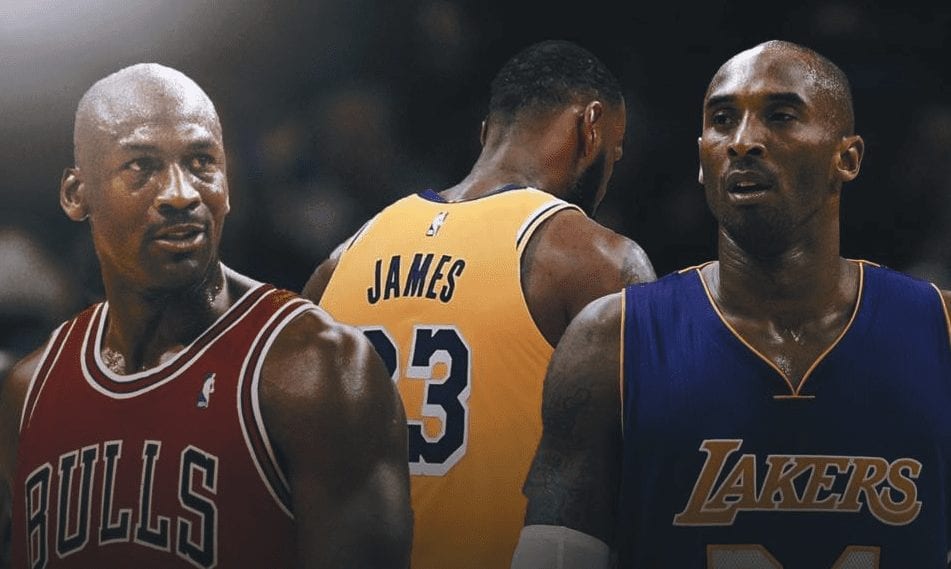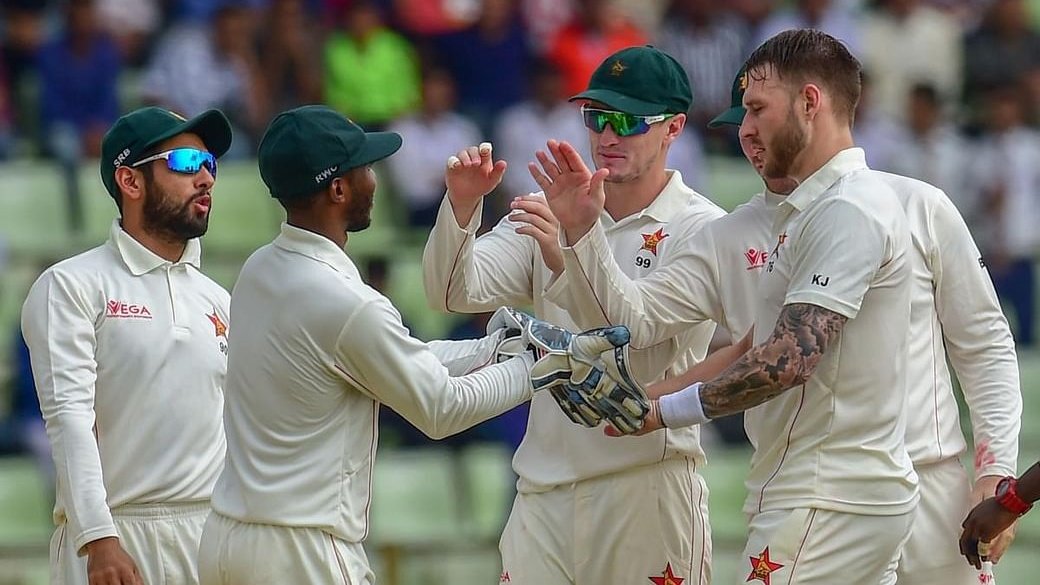By Nyasha Chiketsani
G.O.A.T – An acronym for the “Greatest Of All-Time”
In recent years the term “GOAT” has found itself at the heart of many of our daily discussions. Whether it’s sports, music, art, or any field for that matter, people have their own opinions as to who the “GOAT” is.
As humans, it’s almost an impulsive reaction for us to compare people within the same field, we seemingly can’t avoid it. After all, for us to consider someone as the “GOAT” in their field we would’ve had to compare them with their competition to reach that conclusion.

To provide deeper analysis into the “GOAT Discussion” let’s examine the term within the context of basketball.
Wilt, Russell, Jordan, Kobe, LeBron – these are just a few names often thrown around in the discussion for the greatest player of all time with the list usually being narrowed down to just Jordan, Kobe, and LeBron. From personal observations, I’ve come to realise that opinions on who the “GOAT” is are largely influenced by the era of basketball the viewer grew up watching.
For example, those who grew up watching basketball in the 90s are likely to hail Michael Jordan as the greatest due to his killer instinct and flawless record in the NBA Finals. Likewise, those who grew up watching basketball in the 2000s believe that Kobe’s famous “Mamba Mentality” and his 5 championships give him a right to this title whereas those who grew up watching basketball in the 2010s, such as myself, are convinced that LeBron’s unique blend of size, skill, and strength along with his dominance of the 2010s propel him to the throne of basketball excellence. Now all of these opinions are valid in their own right and can be a good way to spark a conversation.
However, my problem with this “GOAT Discussion” is that many times instead of it being a civil discussion where two parties share their views and listen to each other with an open mind, it often escalates into a war of words with insults being thrown like punches in an attempt to invalidate the other party’s opinion which according to Graham’s Hierarchy of Argument is the worst method of arguing.
Unfortunately, many of us when having this discussion resort to name-calling and ad-hominem responses when our opinion is challenged by the opposing party, we seem to miss out on or forget one key factor – that opinions in the context of the “GOAT discussion” are subjective and not objective.
The reason why these discussions are often redundant and lead to unnecessary name-calling and anger is that we try to take what is subjective and force it to be objective and until we realise the flaw in this we’ll never make progress.
There is no objective answer as to who the greatest basketball player of all time is because if there was then the basketball community would’ve reached a consensus and this “GOAT discussion” would be non-existent.
With all this being said, I’m all for debates within basketball circles, be it “GOAT” debates or any other debate but until we realise that we cannot force what is naturally subjective to be objective than not only do we defeat the entire purpose of these discussions but we also waste our time by having them in the first place.
So next time you find yourself having one of these debates remember to be open-minded, respect the opinion of your peer(s) even if you disagree with them, and most importantly remember that you cannot make what is naturally subjective become objective.
“You’ll never play me like LeBron vs Jordan, 20 years I wonder who they gon’ say was more important, both changed the game, came through and made a lane, who’s to say that who’s greater all we know they ain’t the same” – Jermaine Cole






